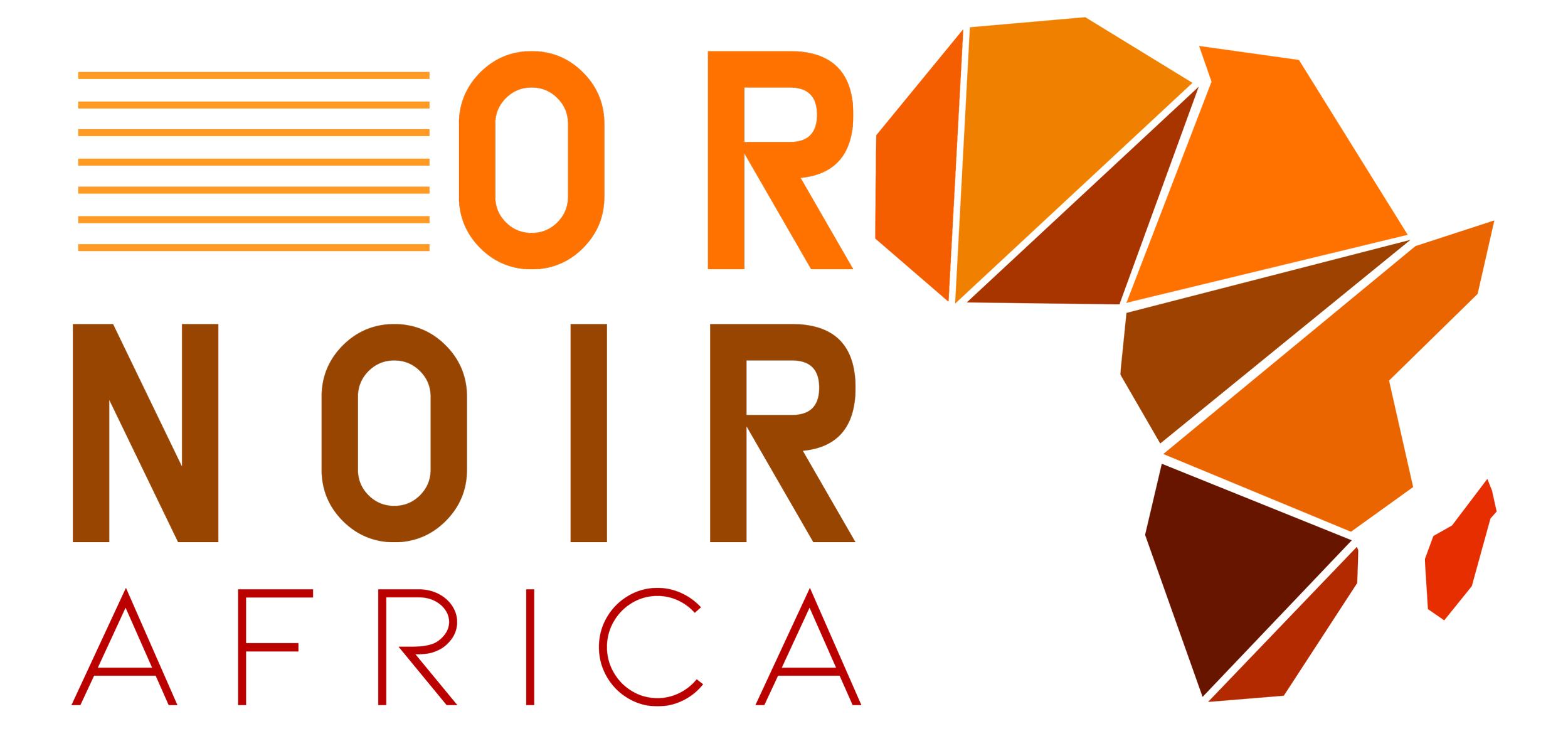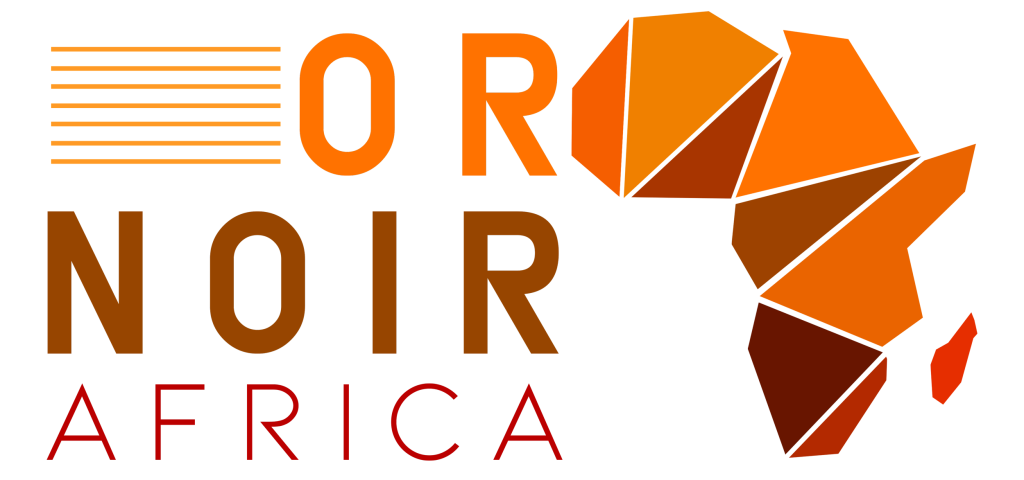Le projet de gazoduc Nigeria-Maroc, véritable colonne vertébrale énergétique, marque une nouvelle étape dans le renforcement de la coopération africaine. Avec un tracé de 5 600 kilomètres, ce pipeline transcontinental traversera 16 pays africains, dont le Sénégal, avant de connecter l’Afrique à l’Europe. Prévue pour entrer en phase opérationnelle en 2025, cette initiative phare bénéficie déjà d’une dynamique forte, avec des appels d’offres pour les infrastructures marocaines programmés dès l’année prochaine.
Dans le cadre de ce projet ambitieux, le Sénégal jouera un rôle central. La première phase se concentrera sur les sections du pipeline traversant son territoire, offrant au pays une opportunité unique de tirer parti des avantages socio-économiques du gaz naturel. Ce projet promet de toucher plus de 340 millions de personnes, une part significative de cette population se trouvant en Afrique de l’Ouest, y compris au Sénégal.
Lancé sous l’égide du Maroc et du Nigeria, le gazoduc Nigeria-Maroc incarne une vision d’intégration énergétique panafricaine. Il s’agit d’un modèle innovant de coopération Sud-Sud, qui aspire à transformer l’accès à l’énergie sur le continent tout en stimulant le développement économique et social.
Pour le Maroc, ce gazoduc représente bien plus qu’une simple infrastructure énergétique. Il symbolise une démarche visionnaire axée sur la collaboration régionale et le développement durable. En permettant l’interconnexion des systèmes énergétiques de 16 pays africains, le projet devrait considérablement renforcer la sécurité énergétique, réduire la dépendance énergétique et accélérer l’industrialisation des pays partenaires.
Le gazoduc offre au Sénégal une opportunité de diversification énergétique essentielle. En exploitant le gaz naturel, le pays pourra réduire sa dépendance aux combustibles fossiles coûteux et peu durables, tout en augmentant son potentiel de production énergétique pour soutenir l’industrialisation et améliorer l’accès à l’énergie des populations rurales.
Par ailleurs, l’intégration du Sénégal dans ce réseau continental renforcera ses relations économiques avec les pays partenaires, tout en attirant des investissements étrangers dans les infrastructures énergétiques. Les retombées positives s’étendront à des domaines tels que l’emploi, le transfert de technologies et le développement des infrastructures locales.
Au-delà de ses bénéfices régionaux, le gazoduc Nigeria-Maroc s’inscrit dans une vision plus large d’interconnexion énergétique entre l’Afrique et l’Europe. Il constituera un pont stratégique pour l’exportation de gaz africain vers les marchés européens, en réponse à la demande croissante pour des sources d’énergie diversifiées et fiables.
Ce projet met également en lumière le rôle croissant de l’Afrique dans l’équation énergétique mondiale, en tant que fournisseur clé de solutions énergétiques durables.
Alors que les appels d’offres pour les infrastructures marocaines sont attendus dès l’année prochaine, les préparatifs pour la mise en œuvre du projet s’intensifient. Les gouvernements et partenaires financiers des 16 pays impliqués travaillent en étroite collaboration pour garantir la viabilité et la durabilité du projet.
Le gazoduc Nigeria-Maroc, plus qu’un projet énergétique, est un symbole d’une Afrique qui collabore, innove et se connecte, offrant à ses habitants de nouvelles perspectives de croissance et de développement.
Avec le Sénégal comme acteur clé, le gazoduc Nigeria-Maroc redéfinit les priorités énergétiques de l’Afrique, en favorisant l’intégration régionale et en répondant aux besoins croissants en énergie. Ce projet stratégique, porté par une vision ambitieuse, promet d’unir le continent autour d’une ressource essentielle, tout en projetant l’Afrique sur la scène énergétique mondiale.


